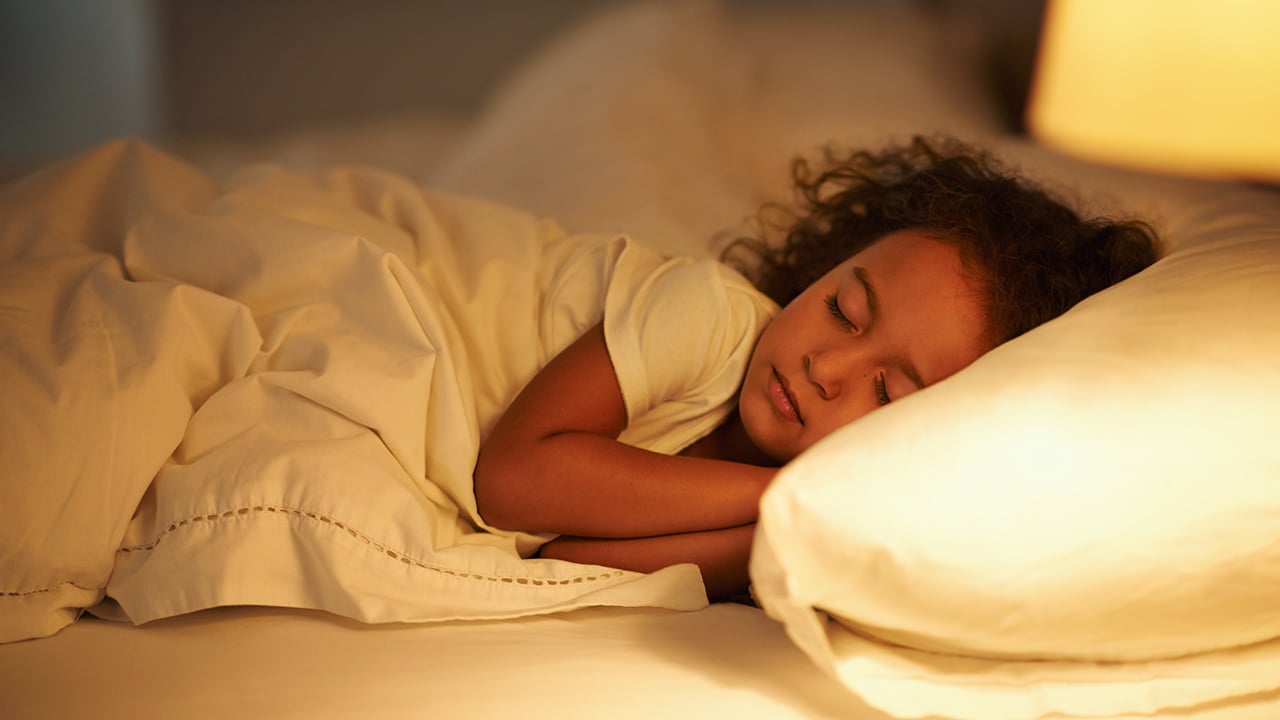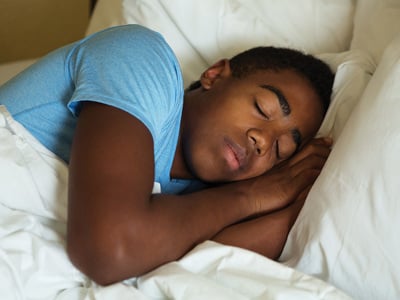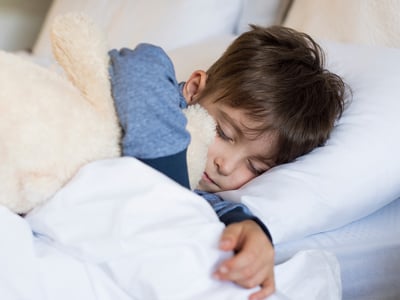- Doctors & Departments
-
Conditions & Advice
- Overview
- Conditions and Symptoms
- Symptom Checker
- Parent Resources
- The Connection Journey
- Calm A Crying Baby
- Sports Articles
- Dosage Tables
- Baby Guide
-
Your Visit
- Overview
- Prepare for Your Visit
- Your Overnight Stay
- Send a Cheer Card
- Family and Patient Resources
- Patient Cost Estimate
- Insurance and Financial Resources
- Online Bill Pay
- Medical Records
- Policies and Procedures
- We Ask Because We Care
Click to find the locations nearest youFind locations by region
See all locations -
Community
- Overview
- Addressing the Youth Mental Health Crisis
- Calendar of Events
- Child Health Advocacy
- Community Health
- Community Partners
- Corporate Relations
- Global Health
- Patient Advocacy
- Patient Stories
- Pediatric Affiliations
- Support Children’s Colorado
- Specialty Outreach Clinics
Your Support Matters
Upcoming Events
Colorado Hospitals Substance Exposed Newborn Quality Improvement Collaborative CHoSEN Conference (Hybrid)
Monday, April 29, 2024The CHoSEN Collaborative is an effort to increase consistency in...
-
Research & Innovation
- Overview
- Pediatric Clinical Trials
- Q: Pediatric Health Advances
- Discoveries and Milestones
- Training and Internships
- Academic Affiliation
- Investigator Resources
- Funding Opportunities
- Center For Innovation
- Support Our Research
- Research Areas

It starts with a Q:
For the latest cutting-edge research, innovative collaborations and remarkable discoveries in child health, read stories from across all our areas of study in Q: Advances and Answers in Pediatric Health.


Is Melatonin Safe for Kids? A Guide to Sleep, Side Effects and Dosage

Melatonin is a hormone that the body naturally produces to help us fall asleep and stay asleep. It’s also a common supplement, with melatonin pills and gummies serving as many parents’ go-to fix for their children’s sleep issues.
While melatonin use among children has risen a striking 530% in the past few years, so has public uncertainty. Reports of inconsistent dosage, improperly labeled ingredients and even potential overdose have added confusion.
This leaves many parents wondering: Is melatonin safe for kids? How much is too much, and when should kids try it? Pediatrician and pediatric sleep provider, Antoinette Burns, DO, MPH, answers these important questions and clears up the confusion around when and how to use melatonin for children.
Natural melatonin and kids
If your little one is having trouble falling or staying asleep, there are a few important steps to try before turning to melatonin.
“We don't recommend using melatonin without first addressing the overall picture of sleep,” Dr. Burns says. “Most of the time, the solution is not melatonin. Instead, changing routines, habits and thoughts about sleep can effectively train or re-train the brain to sleep well.”
Healthy sleep habits, often referred to as sleep hygiene, encompass everything from what you do before bed to the spaces you sleep in.
A healthy sleep environment for children is quiet, dark and cool. Additionally, elements such as a white noise machine, a special blanket or a bedtime story can all play a role in establishing a consistent bedtime routine that regulates children's sleep.
“These types of changes are shown to be the most effective over time,” Dr. Burns says. “It is also important to look for other sleep disorders or medical conditions that could be disrupting a child’s sleep.”
Consistency is key for when you fall asleep and wake up, too.
“It’s best to have a regular sleep and wake up time, and to avoid napping if they’re over the age of five or beyond when their body naturally needs a nap,” Dr. Burns says.
Afternoon naps can be especially disruptive for children who have outgrown the need for daily naps because they make a child less sleepy when they have to go to bed a few hours later.
“When we sleep and when we nap, we wash out adenosine, a sleep-inducing neurotransmitter, that builds up when we are awake throughout the day. This neurotransmitter increases our sleep drive, and a certain amount is necessary to help us fall asleep at night,” Dr. Burns explains. “Taking a nap decreases adenosine, so It's almost like you're starting over, having to build up that neurotransmitter to sleep again.”
When should my child start melatonin?
If all the important sleep hygiene steps have been exhausted and a child still struggles to fall asleep, Dr. Burns may have her patients try the lowest possible dose of nightly melatonin.
“Most people will respond just as well or better to lower doses compared to higher doses,” Dr. Burns says. However, she doesn’t advise giving melatonin to children under the age of 3.
Additionally, children who identify as neurodiverse may benefit from taking melatonin. “Children with ADHD, autism and many other neurodevelopmental disorders tend to really struggle with sleep,” Dr. Burns says. “There are many different reasons why, but it’s in part related to melatonin.”
“It’s great if we can get success from melatonin instead of prescription medications that have more side effects and concerns,” she says.
How melatonin works for children
Despite the prevalence of melatonin as a sleep aid among both children and adults, it isn’t the best way to promote a full night’s sleep.
“Melatonin doesn’t last very long,” Dr. Burns says. “The average melatonin supplement from the drug store isn’t going to stay in most people’s systems long enough to keep them asleep throughout the night.”
Melatonin is often used as a hypnotic — a substance people can take when they want to fall asleep within 30 minutes to an hour. But it actually works better when used as a chronobiotic, a substance that builds up to regulate a person’s circadian rhythm, or sleep-wake cycle, over time.
“I recommend that parents give melatonin to their child two to three hours before the desired bedtime, so that we can build up the peak of melatonin to coincide with their natural sleep cycle,” Dr. Burns says.
Kids who take melatonin sporadically to sleep on cue after being unable to fall asleep for hours likely won’t experience great results and may further exacerbate poor sleep habits, such as going to bed too late, in the meantime.
Melatonin and screen time
Powering down screens at least one hour before bedtime is essential — not only because screens stimulate the brain and make it hard to wind down, but also because they’re a source of light.
"Exposure to light can decrease the body's natural production of melatonin, which can make it harder to fall asleep,” Dr. Burns explains.
That’s because the body naturally suppresses melatonin in response to sunlight exposure during the day. At night, exposure to darkness prompts melatonin to flood our brains, making us sleepy. Research shows that even small amounts of bright light exposure at night can suppress melatonin in children, making it harder to fall asleep.
One of the best ways to minimize your child’s screen time before bed is to power down your own devices and demonstrate alternative wind-down habits.
“Often, children learn screen habits from adults, so that's usually part of my approach — ensuring parents are setting a great example.”
Dangers of taking melatonin
Although melatonin is inherently safe, using the supplement incorrectly can pose risks.
“Any medication or supplement, such as melatonin, is intended to be used on a short-term basis, typically six months or less” Dr. Burns says. “It should not be considered a lifelong solution or be made part of a bedtime routine for an indefinite amount of time.”
A core reason why melatonin isn’t recommended for long periods of time is because it can minimize or replace healthy habits that can improve sleep, such as physical activity.
“A lack of sunlight exposure and physical activity negatively impact sleep,” Dr. Burns says. “Natural sunlight is the most effective driver of our natural circadian rhythms.”
Relying on melatonin for a long period of time can minimize the role of such activities in a child’s life. In turn, they may grow up not understanding how to maintain a healthy sleep schedule as part of a healthy lifestyle, which can set them up for a life of insomnia and reliance on sleep supplements.
Melatonin and behavioral changes
Since the use of melatonin directly impacts a child’s rest, it can also determine how tired a child is during the day. Tired children tend to be more agitated, aggressive and anxious. Insufficient sleep is also associated with less attentiveness and poorer cognitive and social functioning.
Such sleep-related behavioral changes can occur despite the use of melatonin, because the child may still be waking up in the middle of the night due to the supplement’s poor lifespan.
Side effects of melatonin in kids
Melatonin isn’t known to have severe side effects. However, depending on the dosage consumed, melatonin can leave a child feeling drowsy during the day. Mood disturbances, headaches and dizziness have also been reported in children.
“Sometimes, melatonin can cause night terrors, nightmares or other parasomnias, but for other children it could help to reduce those disruptions in a child’s sleep.”
Overall, melatonin use in children hasn’t been widely studied. That’s why it’s important to proceed with caution when considering using melatonin supplements to help your child sleep.
Melatonin poisoning in kids
It’s extremely unlikely for a child to overdose on melatonin. Between 2012 and 2021, 2.25% of all pediatric ingestion calls made to poison control centers concerned melatonin ingestion, according to the Centers for Disease Control and Prevention (CDC). Most reported melatonin overdoses are asymptomatic, but some reported side effects of melatonin overdose were related to the stomach, heart and central nervous system.
The CDC also reported two deaths from melatonin, both occurring in children under the age of 2. One of the deaths occurred as a result of intentional medication misuse by the child’s caregiver.
Parents and caregivers should be aware that not all melatonin is created equally. Unlike prescription medications, melatonin and other supplements aren’t regulated in the same way by the Food and Drug Administration (FDA).
“One important aspect of safety that the FDA is looking for when they approve a medication is purity,” Dr. Burns says. “They make sure that the label matches what is in the bottle. For supplements, like melatonin, this important safety step is not required.”
Most consumers expect a product’s label to accurately reflect its contents. However, studies have shown that the purity and strength of melatonin can vary greatly between supplement brands. For example, a 2017 study of 30 brands found that more than 70% of melatonin supplements contained a different amount of melatonin than what their labels suggested. In some cases, supplements contained 80% less melatonin than the bottle’s indication, and up to 400 times more.
Some melatonin supplement studies revealed contaminants like serotonin, which, while related to healthy sleep, can have more serious side effects when overconsumed or taken inadvertently. Even more pressing is that such findings were discovered in products already on shelves.
“The FDA does look at the safety of supplements, but it's after the fact — and not until someone reports a problem or decides to research it,” Dr. Burns adds. The best way to keep your child from taking too much melatonin unintentionally is to lock it up in a child-safe cabinet or container. Treat melatonin the same way you’d treat any other prescription or over-the-counter drug. And it’s still important to seek medical advice from a trusted healthcare provider before giving it to your child.
“We strongly recommend that parents talk with either their pediatrician or another pediatric healthcare provider before starting their child on melatonin,” Dr. Burns says.



 720-777-0123
720-777-0123






